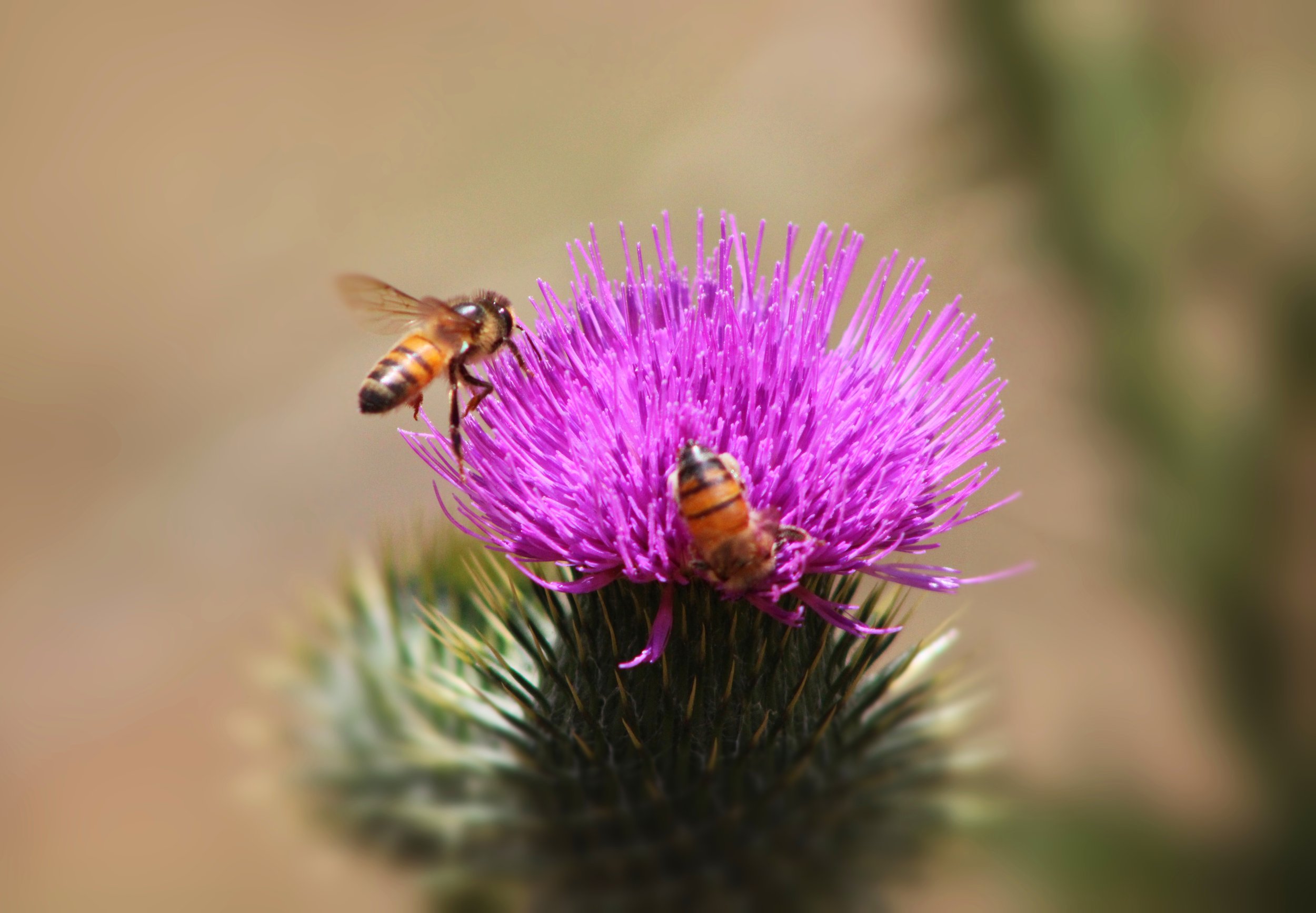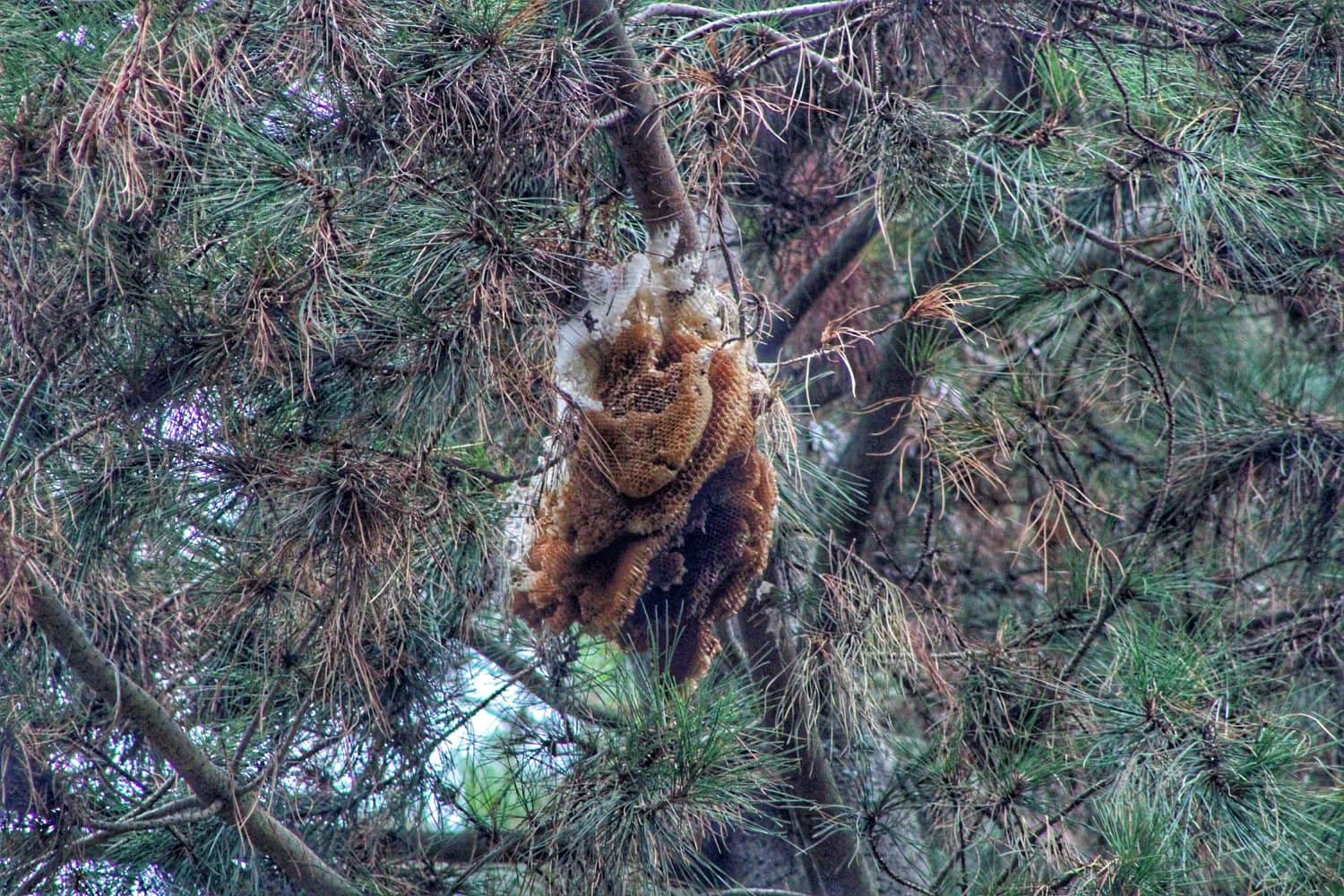Happy World Bee Day!!!
The Importance of Bees:
Bees are incredibly important for both the environment and human well-being. They play a crucial role in agriculture by pollinating many of the crops that we rely on for food. According to the United Nations, bees and other pollinators contribute to the production of about 75% of the world's crops. Some crops, such as almonds, apples, blueberries, and cherries, are entirely dependent on bees for pollination.
When bees visit flowers, they transfer pollen from the male reproductive organ of the flower to the female reproductive organ, which allows fertilisation to occur and the plant to produce fruit or seeds. Without pollination, many crops would not produce fruit or seeds, which would have a significant impact on our food supply.
Bees also indirectly benefit agriculture by supporting biodiversity and helping to maintain healthy ecosystems. They are vital pollinators for wild plants, which provide habitat and food for other wildlife, including birds, insects, and mammals.
Bees also offer other ecosystem services such as production of food and medicine. Bees produce honey, which is not only a delicious natural sweetener but also has medicinal properties. Honey has been used for centuries for its antibacterial and anti-inflammatory properties and is still used today for various health remedies.
Another important aspect of bees is their significant contribution to the economy. For example, the global economic value of pollinators is estimated at $235-$577 billion annually.
Overall, bees are crucial for maintaining healthy ecosystems, supporting biodiversity, producing food, and providing economic benefits. It's essential to protect bees and their habitats to ensure their continued contribution to our environment and well-being.
However, bee populations have been declining in recent years due to factors such as habitat loss, pesticide use, and climate change. This decline poses a significant threat to agriculture and food security. It's crucial to protect bees and their habitats to ensure that they can continue to provide the essential pollination services that support agriculture and food production.
Bees and climate change
Climate change can have a significant impact on bees and their ability to perform their critical role in the ecosystem. Here are ways in which this can happen.
Habitat loss: Changes in temperature and precipitation patterns can alter the availability of food and nesting sites for bees. As a result, many bee species may be forced to migrate to new areas, where they may not have access to suitable habitats. This will dwindle their population or lead to complete loss of colonies.
Phenological mismatch: Climate change can cause plants to flower earlier or later than usual, which may cause a mismatch between the time when bees are active and the availability of flowers. This can have a significant impact on bee populations, as they may not have access to enough food to survive.
Pesticide use: Climate change can increase the use of pesticides as farmers try to control new pests that emerge in response to changing weather patterns. Pesticides can be harmful to bees and other pollinators, leading to declines in their populations.
Increased competition: Climate change may cause changes in the distribution of bee species, leading to increased competition for resources such as food and nesting sites. This could lead to declines in some species and the dominance of others.
It's essential to take action to address climate change to protect bees and their habitats. This can include reducing greenhouse gas emissions, protecting natural habitats, and promoting sustainable farming practices that minimise the use of pesticides and support biodiversity. By taking action to address climate change, we can help ensure that bees can continue to perform their essential role in ecosystems and agriculture.
References
Gallai, N., et al. (2009). Economic valuation of the vulnerability of world agriculture confronted with pollinator decline. Ecological Economics, 68(3), 810-821.
Potts, S.G., et al. (2016). Global pollinator declines: trends, impacts and drivers. Trends in Ecology & Evolution, 25(6), 345-353.
Rader, R., et al. (2016). Non-bee insects are important contributors to global crop pollination. Proceedings of the National Academy of Sciences, 113(1), 146-151.


